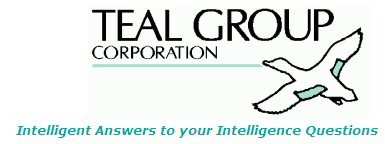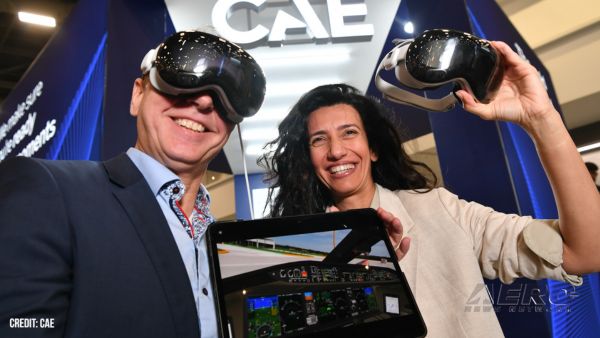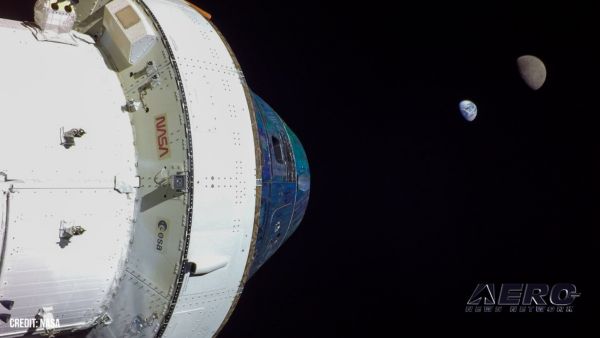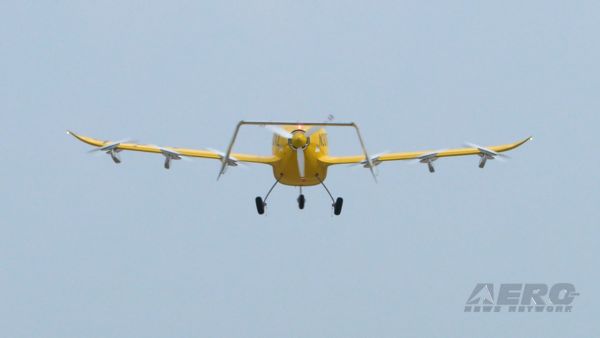Teal Group Predicts Growth In Its 2013 UAV Market Profile And Forecast
Despite near-term U.S. budget cutbacks, Unmanned Aerial Vehicles (UAVs) continue as the most dynamic growth sector of the world aerospace industry this decade. That's according to the latest integrated market analysis from the Teal Group, presented during the opening of the 50th Paris Air Show.

Teal Group's 2013 market study estimates that UAV spending will more than double over the next decade from current worldwide UAV expenditures of $5.2 billion annually to $11.6 billion, totaling just over $89 billion in the next ten years. "The UAV market is evolving, it is becoming an increasingly international market as it grows," said Philip Finnegan, Teal Group's director of corporate analysis and an author of the study. "UAVs have proved their value in Iraq and Afghanistan and are being sought by a growing number of militaries worldwide."
"The Teal Group study predicts that the US will account for 65% of the worldwide RDT&E spending on UAV technology over the next decade, and 51% of the procurement," said Teal Group senior analyst Steve Zaloga, another author of the study. The tenth edition of the sector study, World Unmanned Aerial Vehicle Systems, Market Profile and Forecast 2013, examines the worldwide requirements for UAVs, including UAV payloads and companies, and provides ten-year forecasts by country, region, and classes of UAVs.
The 2013 study provides 10-year funding and production forecasts for a wide range of UAV payloads, including Electro-Optic/Infrared Sensors (EO/IR), Synthetic Aperture Radars (SARs), SIGINT and EW Systems, C4I Systems, and CBRN Sensors, worth $2.3 billion in Fiscal Year 2013 and forecast to increase to $4.6 billion in Fiscal Year 2022. The UAV electronics market will grow steadily, with the fastest growth and opportunities in SAR and SIGINT/EW, according to Dr. David Rockwell, third author of the new study.
"Few now question that ISR has been 'the centerpiece of our global war on terrorism', but a 'pivot to Asia' and potential future operations in anti-access/area-denial (A2/AD) environments will lead to a need for longer-range and stealthy sensors for a variety of new and legacy UAV platforms." New technologies such as wide angle, hyperspectral and high definition EO/IR systems, a variety of ground and foliage-penetrating radars, and an ongoing 'sensor drift' to smaller and smaller UAVs, are all addressed in the 2013 study.

"The payload portion of the 2013 study has expanded coverage of manned-equivalent future UCAV sensors, as well as today's stunningly capable (and expensive) new gimbaled sensors for mini and nano-UAVs – a market whose recent growth has caught almost everyone by surprise," according to Dr. Rockwell.
The study also includes a UAV Manufacturers Market Overview that reflects the worldwide UAV market "again continuing as one of the prime areas of growth for defense and aerospace companies," said Finnegan. The new study reflects the rapid growth of interest in the UAV business by covering more than 40 US, European, South African and Israeli companies, and reveals the fundamental reshaping of the industrial environment.
As prime contractors and small companies compete in the dynamic UAV market, they are adopting widely different strategies. "Our overview tracks the widely varying approaches being taken by these key companies, ranging from outright acquisitions to teaming arrangements and internal development of new UAV systems," said Finnegan. "It shows how companies worldwide are responding to the growth of the UAV market."
The 2013 edition includes UAV market forecast spreadsheets, permitting data manipulation and offering a powerful strategic planning mechanism.
(Images from file)
 Senator Pushes FAA to Accelerate Rocket Launch Licensing
Senator Pushes FAA to Accelerate Rocket Launch Licensing Classic Aero-TV: RJ Gritter - Part of Aviations Bright New Future
Classic Aero-TV: RJ Gritter - Part of Aviations Bright New Future Aero-FAQ: Dave Juwel's Aviation Marketing Stories -- ITBOA BNITBOB
Aero-FAQ: Dave Juwel's Aviation Marketing Stories -- ITBOA BNITBOB ANN's Daily Aero-Linx (10.27.24)
ANN's Daily Aero-Linx (10.27.24) ANN's Daily Aero-Term (10.27.24): Clearance Void If Not Off By (Time)
ANN's Daily Aero-Term (10.27.24): Clearance Void If Not Off By (Time)




